Late Night Woman’s Hour has created a Twitter storm with its twice-weekly (Thursdays and Fridays) doses of ‘mischievous and unbridled conversation’. The 11 p.m.–midnight slot is an ideal opportunity for cardigans to be unbuttoned and tongues unloosed, a chance to show that Radio 4’s venerable magazine programme for women can still shake up the station. Lauren Laverne was brought in from 6 Music to host the first few editions, signalling that there would be nothing mumsy about these hour-long chats around the table with a selection of well-chosen guests. Her style is refreshingly different, frank and a little bit cheeky, not at all Radio 4. How could it be when she spends most of her working life talking to musicians or hanging out at Glastonbury?
‘Welcome Richard,’ she announced on the first edition I happened upon while getting ready for bed. ‘How’s it hanging?’ I nearly swallowed my dental floss. It’s just not an expression you expect to hear on Radio 4, no matter the hour. That night’s theme was masculinity and Laverne was talking to the comedian Richard Herring. ‘What makes you feel like a man?’ she continued. He waffled for a bit, about gender and the like, before Laverne went straight to the point: ‘It’s just the penis for you?’
None of her other guests that night (a doctor who works with patients suffering from erectile dysfunction, a lyricist, a philosopher and a colonel in the British army) could quite match Laverne’s willingness to face up to the biological fait accompli. ‘I always need to fix things,’ said the doctor and gender specialist. His wife complains, ‘I don’t need it solved. I just need you to listen.’
Other editions looked at dating, where the guests were all female and their conversation focused on Tinder, the phenomenally successful dating app; or at our capacity to tell lies, where again the guests were all women and included Kellie Maloney (the boxing promoter who used to be known as Frank) and an undercover reporter who often works for the Daily Mirror. ‘You cannot love a person you’ve never smelled,’ said Irma Kurtz, the veteran agony aunt, when asked what she thought about Tinder (where you decide whether or not you want to date someone purely on photos, on how they look). Kurtz is worried that our obsession with digital aids is making us less and less reliant on intuition, that animal sense we’re now quite terrified of.
It’s a great idea to put a chat show into that late-evening slot, as the darkness intensifies, midnight approaches. Comedy never quite works in that hour because, although it’s winding-down time, it’s not light relief you need so much as an outlet for those bigger questions that start infiltrating the thinking mind as the business of the day dies down, the curtains are drawn, and one is left with silence.
Existential worries rise to the surface. What does it mean to be alive? How much time have I wasted today? What lies ahead tomorrow? But Late Night Woman’s Hour had none of that. On the contrary it seemed determined to prove that all women think about is dating, desire and drinking. In spite of Laverne’s engaging style — her knack of making people talk — there was something too predictable about what everyone was saying (except perhaps for Kurtz).
‘They say they don’t care about words. But why, then, are the poets always among the people they are most keen to kill?’ said Ghias al-Jundi on Poems from Syria (Sunday, Radio 4). He was talking to the journalist Mike Embley about the fighters on both sides of the conflict in his homeland. Embley asked him whether poetry was surviving amid the horror and devastation, as if desperate for something to cling on to, to hope for. Was anything creative coming out of the rubble?
‘Writing a poem is as dangerous as carrying a gun,’ al-Jundi insisted. He should know. He was once imprisoned for three years in Damascus. He told us of another poet, Ibrahim al-Qashoush, who had written song lyrics attacking the jihadists and had been killed just for that — his throat slit in a visceral attempt to stop the echo of his words.
This arresting programme was an illustration of how much we should care for words, that ability to speak, and how lily-livered we who are lucky enough to live outside the war zones have become. After we had heard a haunting poem by Ghada al-Atrash (who now lives in exile in Canada), about a woman whose student son had been killed when the university at Aleppo was bombed by President Assad’s planes, Embley asked: is there a distinctive woman’s voice coming out of the Syrian war? The response was another poem, written in Arabic, by the female writer Najat Abdul Samad, and translated for us: ‘Rather than be humiliated when I am overcome with weakness, I bandage my heart with a woman’s patience in adversity, as she rises from the banquets of death and carries on shepherding life’s rituals.’
Got something to add? Join the discussion and comment below.
Get 10 issues for just $10
Subscribe to The Spectator Australia today for the next 10 magazine issues, plus full online access, for just $10.

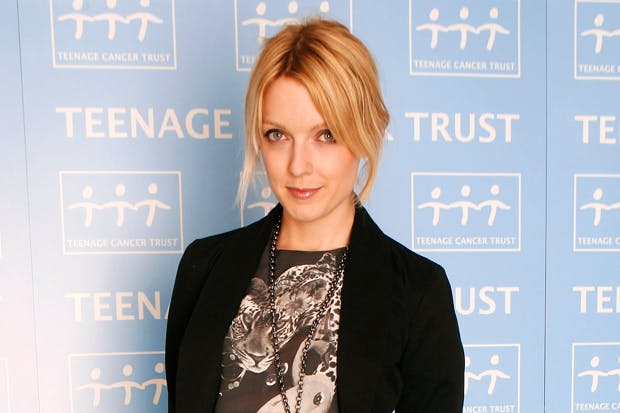

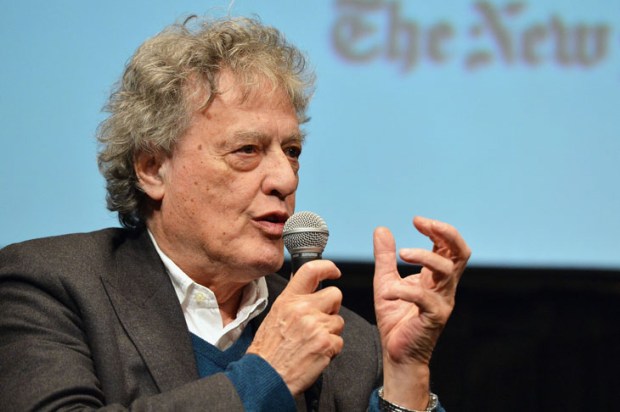

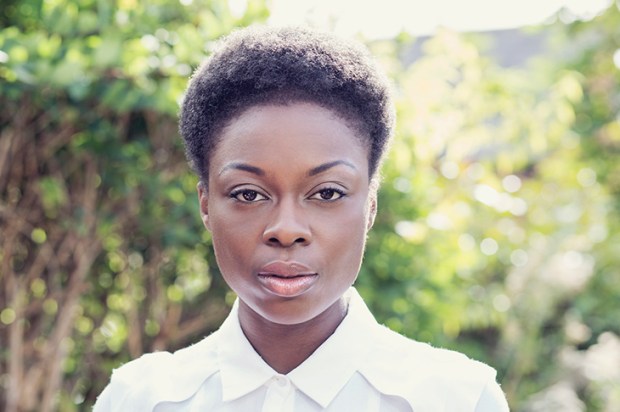
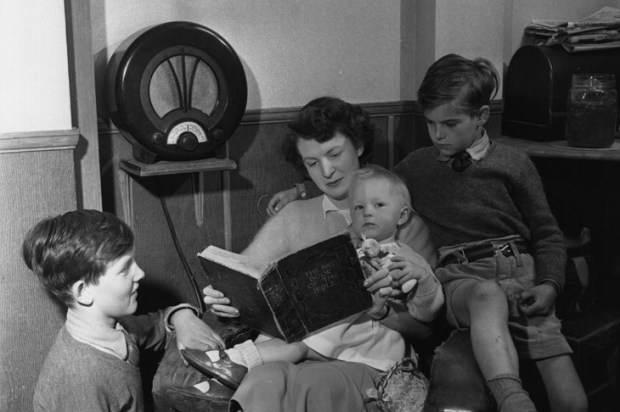
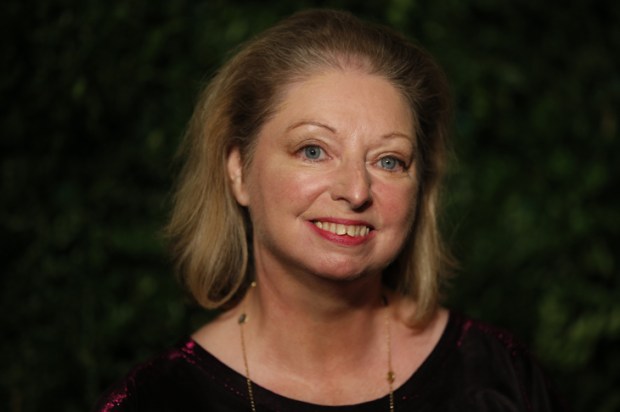






Comments
Don't miss out
Join the conversation with other Spectator Australia readers. Subscribe to leave a comment.
SUBSCRIBEAlready a subscriber? Log in